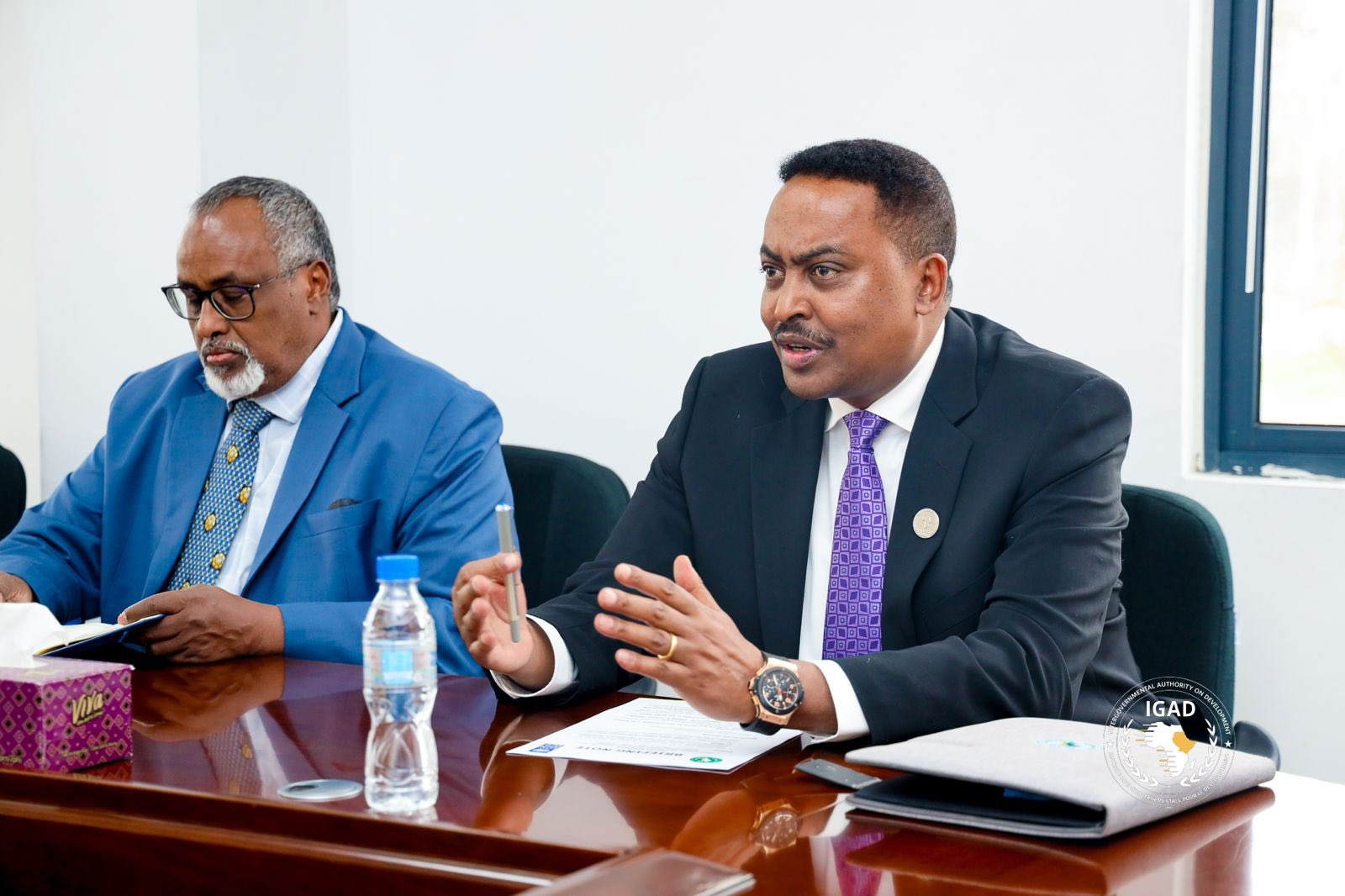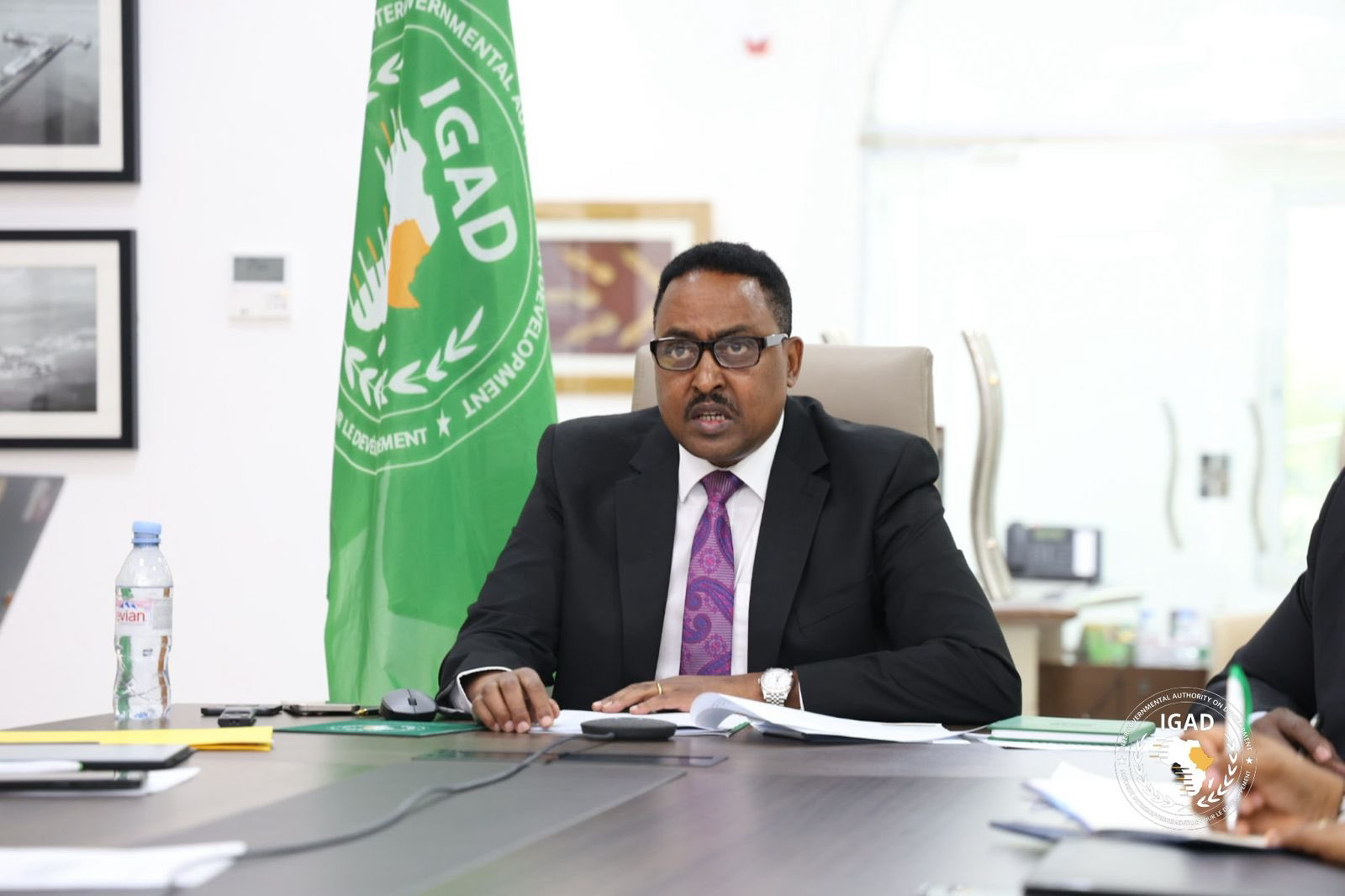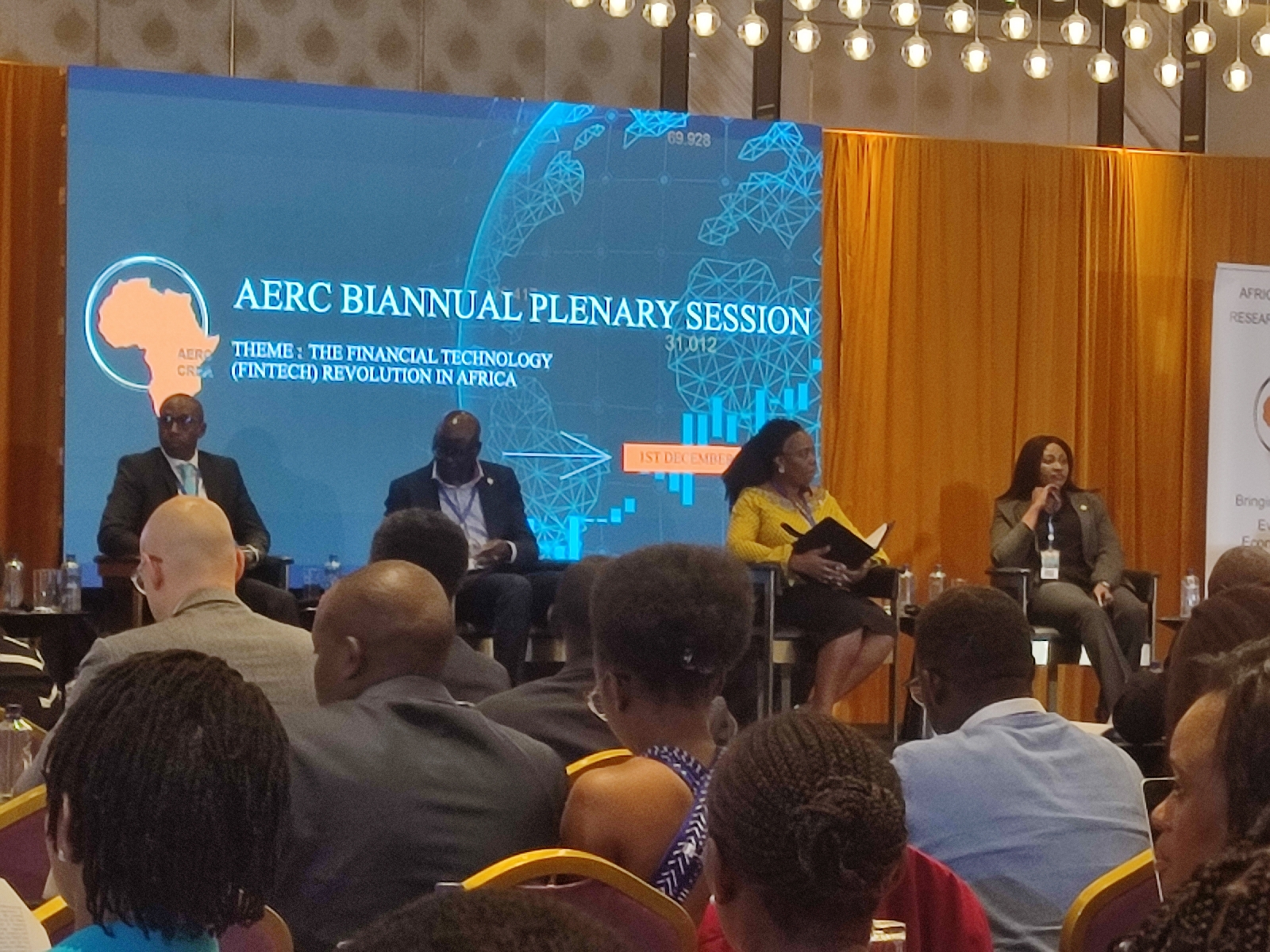IGAD CALLS FOR URGENT PEACE IN SUDAN AS WAR MARKS ANNIVERSARY
The current conflict in Sudan escalated significantly on April 15, 2023, when fighting broke out between the Sudanese Armed Forces (SAF) and the Rapid Support Forces (RSF). However, the roots of the conflict can be traced back to a military coup in October 2021 that disrupted a transitional government aimed at leading Sudan towards democracy following the ousting of long-time dictator Omar al-Bashir in April 2019.
As the country marks another year of heightened conflict, Dr. Workneh Gebeyehu, Intergovernmental Authority on Development (IGAD) has called for urgent response and peace for the Sudanese people. The ongoing tensions and violence have deep historical and political origins, including issues related to governance, ethnic divisions, and economic struggles that have plagued Sudan for decades.
Dr. Gebeyehu, in a viral tweet on X, noted that in this critical moment, it is imperative that peace efforts become unified and focused. The fragmented approach to resolving the conflict has only deepened the suffering of the Sudanese people. Despite the various interests and needs that may diverge among stakeholders, the voices and aspirations of the Sudanese must take precedence.
"We extend our deepest condolences to every life lost and every family affected by this tragedy," Dr. Workneh Gebeyehu wrote "To the people of Sudan: Your aspiration for peace is our guiding principle. We will not look away, and we will not stop until peace returns to your land."
The need for a coordinated process is more pressing than ever. It is time for the international community to rally around a common goal: ensuring that the rights and needs of the Sudanese people are at the forefront of all discussions and actions aimed at restoring peace.
As we mark this somber anniversary, let us remember that the fight for peace in Sudan is not just a political issue, it is a humanitarian imperative. The world must stand in solidarity with the people of Sudan, amplifying their voices and supporting their quest for a brighter, peaceful future.
The conflict primarily involves the Sudanese Armed Forces (SAF) and the Rapid Support Forces (RSF) This power struggle emerged from a military coup in October 2021, which derailed a transitional government intended to lead Sudan towards democracy following the ousting of long-time dictator Omar al-Bashir in 2019. The conflict has since spiraled into widespread violence, resulting in significant casualties and humanitarian crises.
As fighting intensified, reports indicated that thousands of civilians have been killed, and millions have been displaced from their homes. The United Nations estimates that over 5 million people have fled their homes, with many seeking refuge in neighboring countries. The humanitarian situation is dire, with shortages of food, water, and medical supplies exacerbating the suffering of those caught in the crossfire. Humanitarian organizations have struggled to provide aid due to ongoing violence and logistical challenges, leading to calls for urgent international intervention and support.
The war has also highlighted the deep-seated ethnic divisions within Sudan, with various groups facing targeted violence. In regions such as Darfur, where historical grievances persist, the conflict has reignited long-standing tensions, leading to atrocities and human rights violations. Reports of mass killings, sexual violence, and the destruction of villages have emerged, raising alarm among international human rights organizations. The situation has prompted widespread condemnation from the global community, urging both warring factions to cease hostilities and engage in dialogue.



